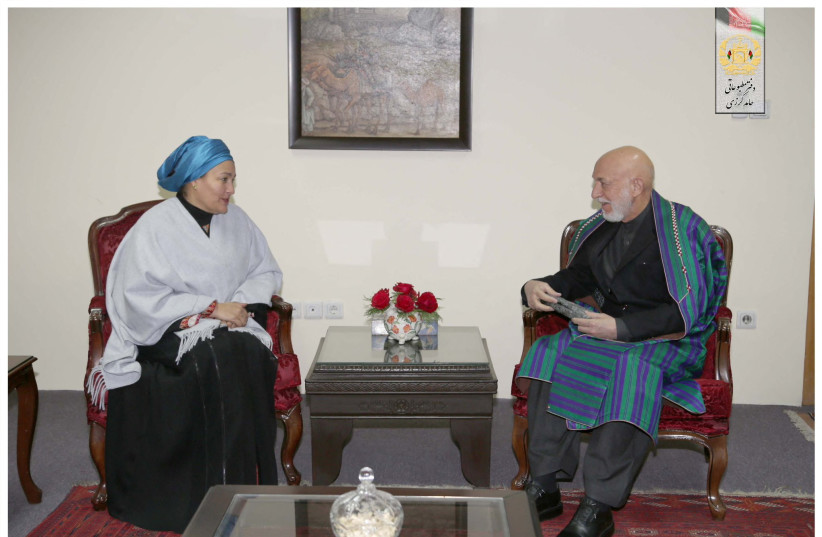UN Deputy Secretary-General Amina Mohammed expressed alarm to Taliban officials in Kandahar over violations of women's rights in Afghanistan, the United Nations said on Friday after she made a rare visit to the Taliban's southern heartland.
Mohammed finished a four-day visit to Afghanistan on Friday, also meeting Taliban officials in the capital Kabul after the administration banned most female aid workers and stopped women and girls from attending high school and university.
Violations of women's rights
"My message was very clear: while we recognize the important exemptions made, these restrictions present Afghan women and girls with a future that confines them in their own homes, violating their rights and depriving the communities of their services," Mohammed said in a statement.
In Kandahar - home to the Taliban's supreme spiritual leader who has the final say on major decisions - Mohammed met with Deputy Governor Maulvi Hayatullah Mubarak.
He told her that the Taliban administration wanted a strong relationship with the world, the removal of sanctions on its leaders and to be able to send an ambassador to the UN, said the Kandahar information office.

The UN General Assembly last month postponed for the second time a decision on whether the Taliban administration can send an ambassador to New York. Dozens of Taliban leaders are also subject to UN sanctions.
Deepening isolation
No government has formally recognized the Taliban administration since it seized power in August 2021.
"Right now, Afghanistan is isolating itself, in the midst of a terrible humanitarian crisis and one of the most vulnerable nations on earth to climate change," Mohammed said.
The head of the Norwegian Refugee Council, a major aid group that has suspended work in Afghanistan, has stressed it was important for the international community to engage with Taliban leaders in Kandahar, saying many officials in Kabul signaled that the orders restricting women's rights had come from there.
